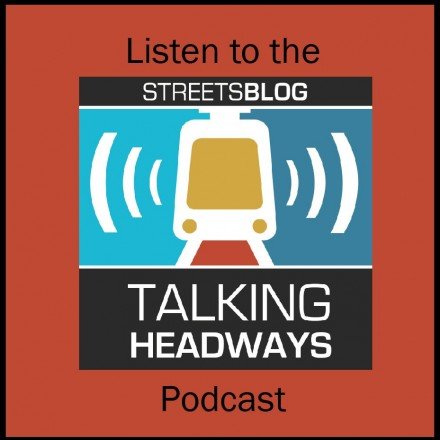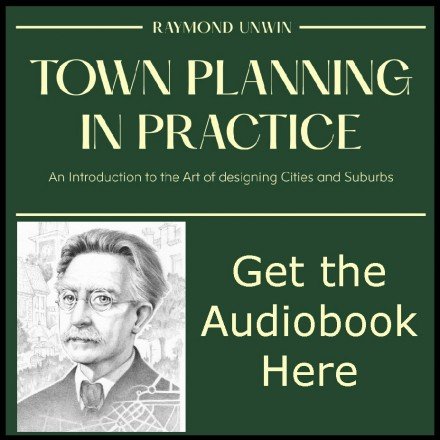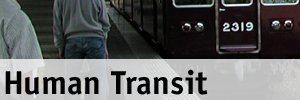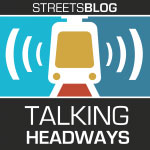One of the premises of Des Fitzgerald’s book The Living City (Ep 456) is that he’s not quite been sold on the benefits of trees to cities or human health. He’s not saying there isn’t a connection, but he also believes the research is not quite as solid as people make it out to be from a number of observational health studies. Many of those trees and green spaces are also in rich neighborhoods and absent in poor neighborhoods, where there are possible other issues related to a number of socioeconomic factors.
Tree politics can also be confounded he says by people’s feelings about what makes ‘the good city’, and “that kind of sense that you govern the trees, you govern the city.”
Enter Aruni Bhatnagar, a cardiology researcher whose “Green Heart Louisville” project featured in yesterday’s Washington Post is seeking to show a real clinical connection between greenness and human health such as reduced stress and less hardening of arteries from transportation pollution.
Bhatnagar’s project has planted 8,000 trees and shrubs and has gotten super detailed health data from 500 residents including blood, urine, and hair samples and set up the study from a baseline of unhealthy air next to a major highway in a neighborhood with little existing greenery.
He cautions, rightly so, about expectations, but also believes he’s starting to see some results including higher pollution near fast food restaurants and better sleep near greenery. Soon Des might not be able to be as skeptical about health connections, but he’s also not wrong about the politics of trees and by proxy the cities in which they live. In the future it may just be, if you govern the trees (and reduce transportation pollution), you can save the planet and the humans that reside on it.
~~~
If you’re in the Bay Area this Thursday, we’re hosting a happy hour with Urban Environmentalists Bay Area, Streets for People, and Seamless Bay Area at Elixir on Thursday February 1st at 6pm. It’s easy access to BART at 16th/Mission and I hope folks can join us!
~~~
For this intro post and more news in your inbox every morning, sign up for a two week free trial of The Overhead Wire Daily, our popular newsletter established in 2006.










